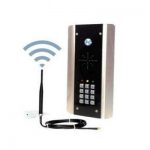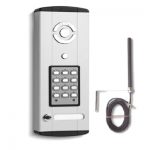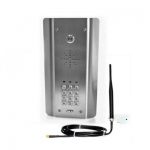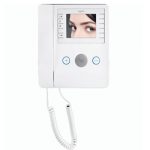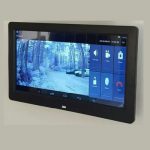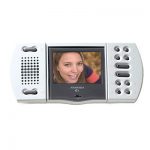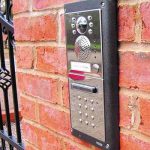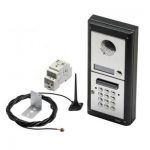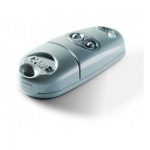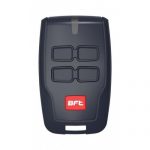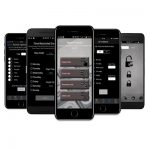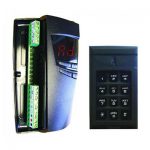Door access control will restrict entry to unauthorized people. Give you a sense of safety in your home or place of business, and protect your valuables.
Does your access control system need upgrading?
Send us a request for a free site survey
Access Control
Home & business security at a touch of a button
Access control
Offers a secure, cost-effective and convenient way of controlling access to your building. It is true to say that modern technology has advanced greatly over the years. As a result, the choice of available systems is vast.
Not only does the range includes key fobs, access cards, and keypads. But also audio-visual entry phone systems, biometrics, and multi-site systems, capable of handling thousands of users at a time.
In addition to this, the systems integrate well with other security equipment. For example to trigger alarms, record CCTV and open fire doors. This is especially important in order to provide the very best, in personal security and to protect your valuables. As well as enable us to design a system specific to your requirements.
Standard wired intercoms
Are usually low cost and very reliable. They have been improved immensely over the years. With the addition of built-in video monitors, code pads, biometrics and card tag readers. On the negative side, installation in older buildings that require a lot of wiring can be an issue. For large sites using a video system, the costs may run high, due to the multiple wires that have to run on each handset.
Wireless Intercoms
Are a low-cost alternative to GSM systems. They are good for sites with poor reception. As interference is less likely, due to the switch from analogue to digital signals. Although limited in terms of range, wireless intercoms work well, up to 100m or 250m, depending on the site. In some large properties, however, or where a house is behind another, signals may have difficulty passing through the walls.
GSM
Stands for Global System for Mobile communication. A GSM intercom uses a mobile phone sim card, to make telephone calls across a mobile network. To landline or mobile numbers. In other words, no matter where you are, a person can call you to gain access. Another key point is that they are easy to update with new numbers and to install. There is no need to lay cables or dig up the driveway, so the process is much quicker. Although equipment costs tend to be quite high, overall, GSM systems are very cost effective.
Radio control transmitters
Come conveniently packaged in the form of a handy key ring. For the purpose of operating your gates and garage doors with one transmitter and a single code. All in all, the most commonly used and least expensive of all devices.
Although this may be true, rolling code transmitters send a different encrypted code each time to the receiver. With this in mind, they are an excellent choice for high security.
Networked Card Readers
These systems are the same as the GSM system, except they use the sites internal network.
Long Range Car Readers
Can be expensive as they are active most of the time. Powered like a radio key fob, the reader sends a signal and a nearby card answers. These systems work with vehicles to manage high traffic sites.
Number Plate Recognition
Is an expensive form of access control. That said, for large fleets of vehicles, it is probably the cheapest option.
As vehicles approach, a fixed camera reads the number plate. The system checks the database of stored numbers, to allow or deny access.
